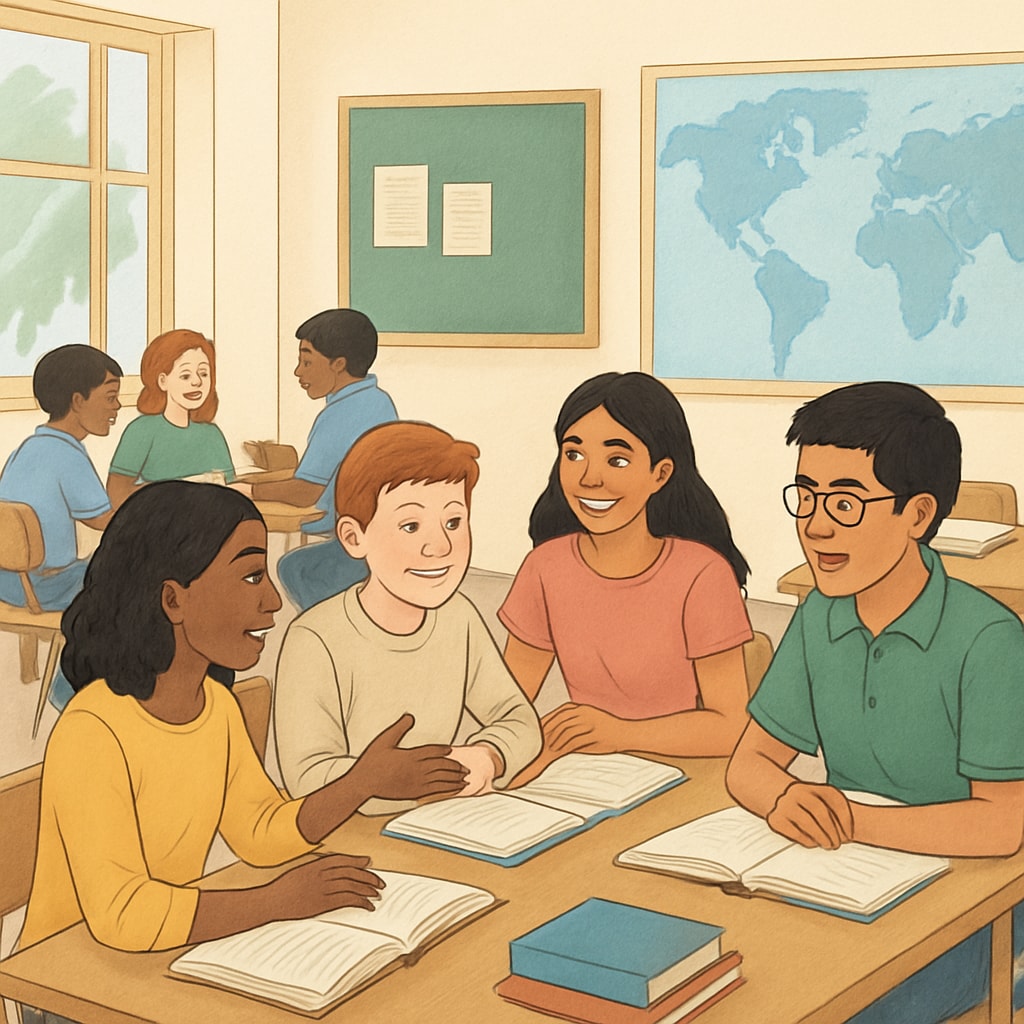Experiencing academic disruption can be a significant challenge for teenagers. In the UK, interrupted learning often results in hurdles that can affect future opportunities. This article explores recovery pathways for students who have faced academic interruptions, such as an 18-year-old who left school during Year 10. By analyzing the effects of interrupted education and providing practical recovery strategies, we aim to inspire hope and offer actionable solutions for those in similar situations.

Understanding the Impact of Interrupted Education
Interrupted education can have profound consequences on a teenager’s academic, emotional, and social development. For example, leaving school during Year 10 in the UK means missing out on critical preparation for GCSEs, which are essential qualifications for most career paths and further education opportunities. As a result, affected students may experience a lack of confidence, limited career prospects, and a sense of isolation from peers who have moved forward.
However, it is important to note that interrupted education is not a dead end. Many pathways exist to help students resume their studies and rebuild their academic trajectory. Recognizing the impact is the first step in addressing the challenges and seeking solutions.
Recovery Pathways for Resuming Studies
The UK education system offers flexible options for students to pick up their studies after a period of disruption. Whether through formal institutions or alternative routes, these pathways cater to diverse needs and circumstances. Here are some common options:
- Further Education Colleges: These institutions provide courses for students who want to complete their GCSEs or pursue vocational qualifications. Many colleges offer flexible schedules and support services tailored to individuals.
- Online Learning Platforms: Digital platforms such as OpenLearn or FutureLearn provide free and paid courses that enable students to study at their own pace. These resources are especially useful for those who prefer self-directed learning.
- Apprenticeships: Apprenticeships combine practical work experience with structured learning, allowing students to gain skills while earning qualifications. This route is ideal for those seeking hands-on career development.
- Adult Education Programs: Local councils and community centers often provide adult education courses, which are designed for individuals looking to complete their studies later in life.
Choosing the right pathway depends on the student’s goals, interests, and personal circumstances.

Practical Strategies for Success
Resuming studies after a break requires careful planning and a positive mindset. Here are some actionable strategies for students:
- Set Clear Goals: Define what you want to achieve—whether it’s completing GCSEs, gaining vocational skills, or preparing for higher education.
- Seek Support: Reach out to educators, counselors, or mentors who can guide you through the recovery process.
- Build Time Management Skills: Effective planning ensures you can balance studies with other commitments.
- Stay Motivated: Celebrate small achievements and remind yourself of the long-term benefits of education.
Additionally, engaging with peers who have similar experiences can provide emotional support and encouragement.
Inspiring Stories of Academic Resilience
Many individuals who faced interruptions in their education have successfully rebuilt their academic paths. For example, British entrepreneur Alan Sugar left school at 16 but pursued vocational training and later built a successful career. Such stories highlight the importance of determination and using available opportunities to overcome setbacks.
As a result, students should remember that interrupted education does not define their future. With the right resources and mindset, they can achieve their goals and thrive.
Readability guidance: Use short paragraphs and lists to summarize key points; ensure clarity by avoiding overly complex sentences. Distribute transition words evenly throughout the text to maintain flow and coherence.


